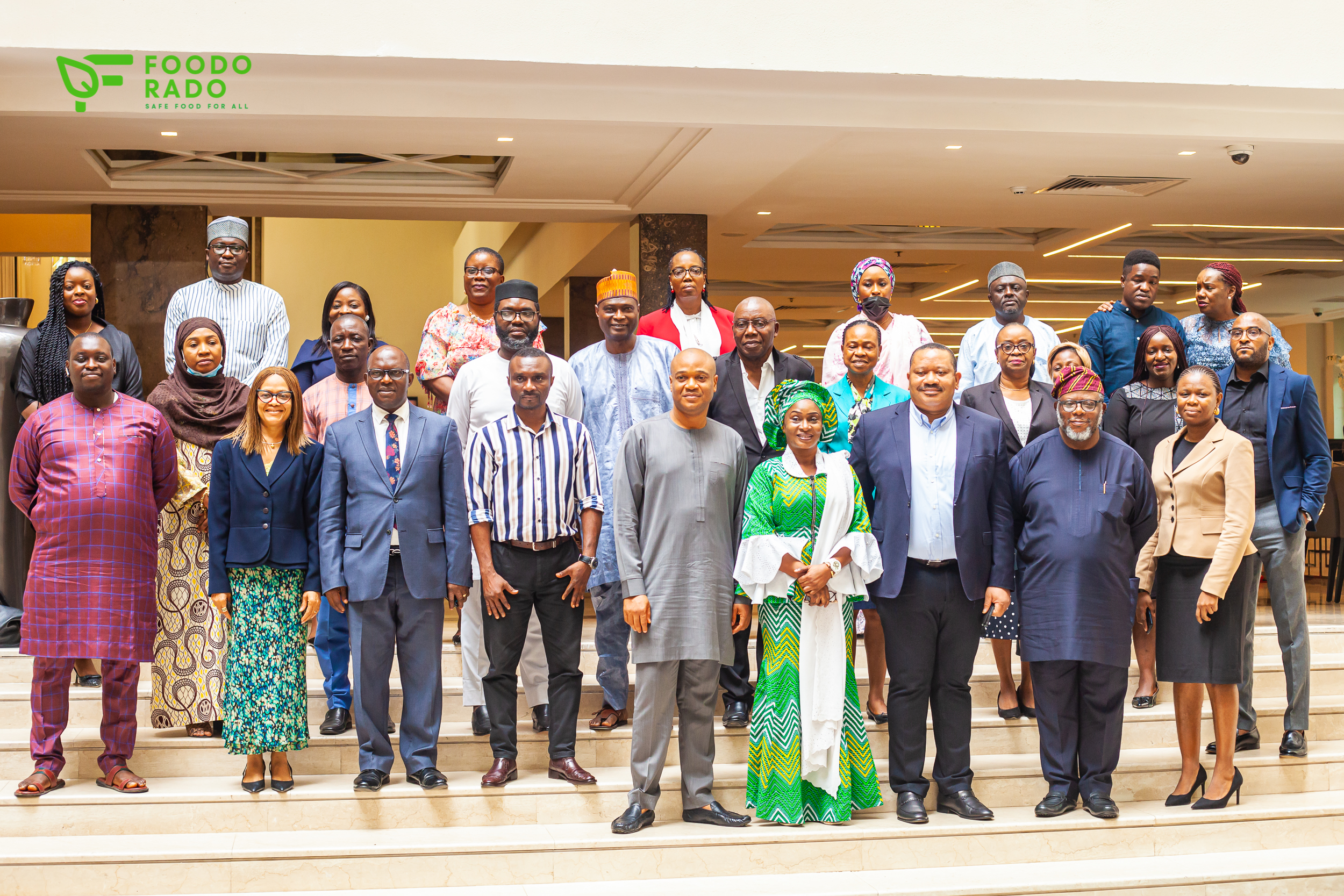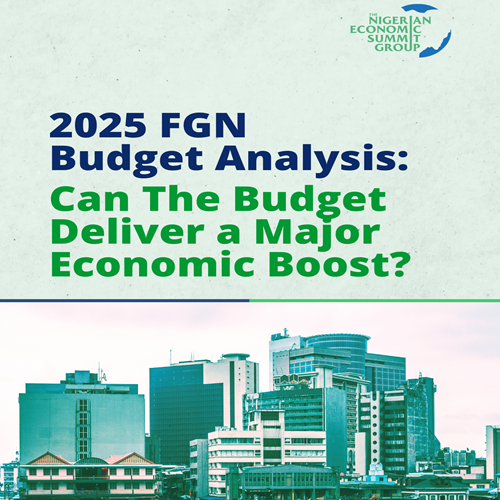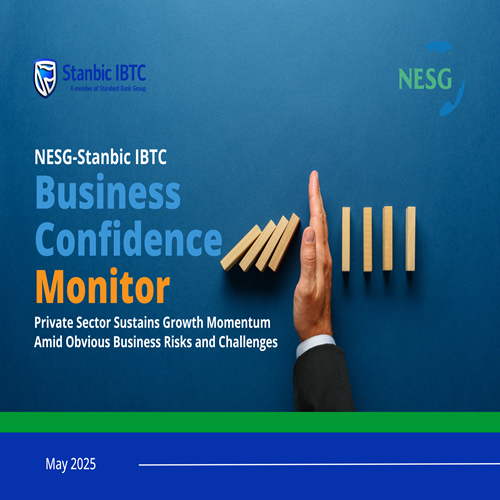Posted Wed, Jun 1, 2022 1:09 PM
NESG holds Expert Forum on Food Safety

The Nigerian Economic Summit Group (NESG), on Tuesday, the 31st of May, 2022, held an expert forum to discuss the National Food Safety and Quality Bill 2022.
The expert forum was attended by stakeholders across the public and private sectors, including representatives from the Federal Ministry of Agriculture and Rural Development, the Federal Ministry of Health, the Federal Ministry of Justice, the National Food Drug Administration and Control (NAFDAC) and the Standards Organisation of Nigeria (SON). Other stakeholders in attendance include the Nigeria Agricultural Quarantine Service (NAQS), Federal Competition and Consumer Protection Commission (FCCPC), the Global Alliance for Improved Nutrition (GAIN), Flour Mills of Nigeria and Thrive Agric.
In his opening remarks, the CEO of the NESG, Mr 'Laoye Jaiyeola, said that Foodborne infections, which cause many illnesses and deaths each year and have adverse economic effects in both developing and developed countries, can be reduced by increasing the provision of safe and nutritious food. He stated that an adequate food safety and quality control system would provide sustainable support to the food producer or exporter and help assure consumers of the quality and safety of both local and imported food products.
Mr Jaiyeola reiterated the challenge and risks food security poses to Nigeria and the world at large. "Prior to the Russia Ukraine war, food insecurity was of serious global concern, and following the war, food availability has become a much more serious problem. How can we ensure that the food we consume is good enough? The level of malnutrition and the resultant effects of stunting and wasting indices show that we are far behind as our children don't consume the adequate nutrients they need," Mr Jaiyeola stated.
He noted that the expert forum was a public-private dialogue that will further help to fine-tune and harmonise the Food Safety and Quality Bill (2022) while also helping to provide short to medium-term recommendations to government, private sector and other stakeholders in the ecosystem to help accelerate sustainable growth and development in Nigeria's food and agricultural ecosystem.
In her presentation on the "overview of the food safety control environment," Facilitator, NESG Agriculture and Food Security Policy Commission, Ms Gloria Ekpo, said that Nigeria has a significant bacteria foodborne disease problem that contributes to the country's morbidity and mortality rates. In addition, she stated that Nigeria's food safety control environment is burdened with several issues, including poor agricultural practices, abuse of agrochemicals, and lack of complete farm gate surveillance systems.
Furthermore, Ms Ekpo noted that the policy gaps in Nigeria's food safety system show that legislation is fragmented, and ineffective partnerships amongst stakeholders result in duplicity of functions. She also noted that the food sector is also affected by the issues of administrative gaps, including a low number of food inspectors, inadequate knowledge of food manufacturing practices, poor and weak enforcement frameworks and socio-economic gaps such as religion, traditional belief systems, poverty and poor sensitisation.
Find a blog post
Latest Releases

2025 FGN Budget Analysis: Can Th .. Read
1 week ago

NESG Stanbic IBTC Business Confi .. Read
1 day ago

Engagement Towards a Successful .. Read
4 days from now
